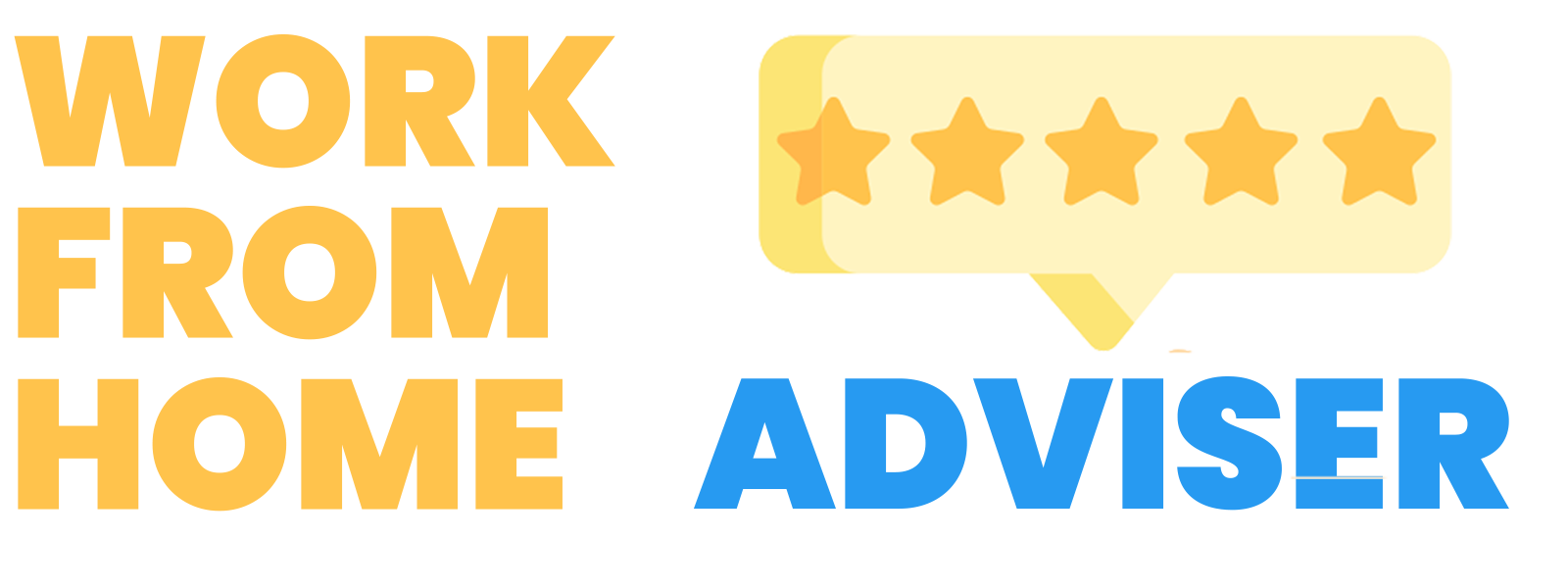I care about focus. I care about productivity. If you feel that there are too many distractions in your Working From Home environment, this article can help you calm down, see distractions, in a new light, and empower work-flows that mitigate disruptions.
I care about advertising. I don’t make ads, or sell them, but I am interested in this space and decided to run a personal, and admittedly imprecise survey, to count ads in my life.
My experiment lasted for exactly 17.5 hours, from the start of my day (6:30am) until its conclusion (midnight). Throughout, I did my best to tally every ad I saw, heard, viewed, or otherwise interacted with, while intentionally excluding brand advertisements (for example, I did not count the label on the toothpaste, or the logo on my running shoes).
What I found surprised me. By lunch I had counted over 1,000 ads. By dinner, another 1,500 ads. My daily total: approximately 3,500.
As I live in a digitally connected environment, and rely on tools like the internet, mobile applications, and a smartphone to access and disseminate information, this experiment was arduous to say the least. From the moment my alarm sounded (in-app ad) to the minute I went to sleep (print ad) I was inundated with an overwhelming flood of television, radio, email, and digital advertisements. My phone, music, computer screen, tablet, e-reader, favorite websites, inbox, mailbox, commute, gym, and grocery store all became a canvas for advertisers to reach, persuade, and influence me.
Occasionally ads are helpful and inspiring. Often they are not. But if you miss an ad, don’t worry. If you are like me, you will be served nearly 200 an hour, and won’t have to wait long for the next one.
Put your Phone Away
There is a good chance that you are reading this sentence on a mobile device. If others are around, put your phone away.
I write only for myself, and, as a result, focus on topics and stories that have deep personal appeal. This article is different — its intended to be provocative and to be persuasive. My aim is to make you, the reader, aware of my frustration with people that relentlessly text, scan, update, review, download, check-in, and otherwise consume information via their phones while in my presence.
There are many reasons why constantly looking at your phone while at a bar, on a date, amidst a social gathering, or in a restaurant is rude. We all know this. Yet too many people still engage in these behaviors. Here are four reasons (which hopefully you find convincing), to change.
You are a poor multitasker
Forbes contributor Travis Bradberry, citing research conducted at Stanford University, found that multitasking is less productive than doing a single thing at a time. The study also found that people who are regularly bombarded with several streams of electronic information cannot pay attention, recall information, or switch from one job to another as well as those who complete one task at a time. Multitasking, in other words, is the art of messing up many things at once.
Make people feel important, make better decisions
I once had a short meeting with arguably the most important employee at one of the most important technology companies in the world. This individual, recently dubbed among the most powerful executives in any industry, entered the small conference room and switched his phone to airplane mode. This left a tangible impression: our meeting would be the sole focus, and not the countless domestic politicians, world leaders, or rival CEOs that would inevitably reach out during our discussion. By providing a relentless focus on those in the room, this leader made me feel important. And by silencing his phone, this person could better hone in, thereby increasing the odds of making an important decision correctly.
Almost nothing is time sensitive (so it can wait)
There are three broad types of information people access on a mobile phone: important and time sensitive, not important and time sensitive, and everything else. The next time you reach for your phone, think about this and ask: how important and time sensitive is the information I am consuming? If its neither important nor urgent, put your phone away. Having the ability and foresight to bucket different kinds of data into component parts is a skill. Practice it. Very few things are time sensitive, so it can likely wait.
Live in the present
During an interview when the Dalai Lama was asked what surprises him the most, his response was profound: “Man surprised me most about humanity. Because he sacrifices his health in order to make money. Then he sacrifices money to recuperate his health. And then he is so anxious about the future that he does not enjoy the present; the result being that he does not live in the present or the future; he lives as if he is never going to die, and then dies having never really lived.” Being physically present but mentally absent (i.e staring mindlessly at your phone in a group of people) prevents you from living in the present. This is a regrettable outcome.
I am not a luddite and understand the value of accessing people, information, and ideas anytime and anywhere. That is what working from home is all about. But I also believe in social decency. Mobile phones have a place to play in many social interactions, but not all. And certainly not all the time. So during your next video call, don’t check your phone during the meeting. The results might surprise and delight your colleagues – and you.
When Working From Home you will be overloaded at times with requests on your time. Your family, roommates, partner, kids, or boss might call or email you at any moment asking for your help and your thoughts. Your clients or business partners might need feedback on an urgent memo or product. Just like the notion that we are served too many ads, we need to know when to look and when to pass on distractions.
We once sat down for a meeting with the CEO of one of the largest technology firms in the world. He said that in life there are some things that are urgent, some things that are important, and rarely somethings that are both. But the majority of emails, updates, pings, and calls will be neither. After reading this article you should know how to differentiate between important and urgent information overloads and how to avoid common traps. By living in the present, removing yourself from distracting technology, and being in the present you can easily transform your work and impact. You can make small edits to your behavior and focus that enable you to do more and leave a more positive impression on those around you. If there are too many distractions while Working From Home, change your mindset. Change your approach. The overload might not die down, but you will see it differently. And that will make all the difference.






